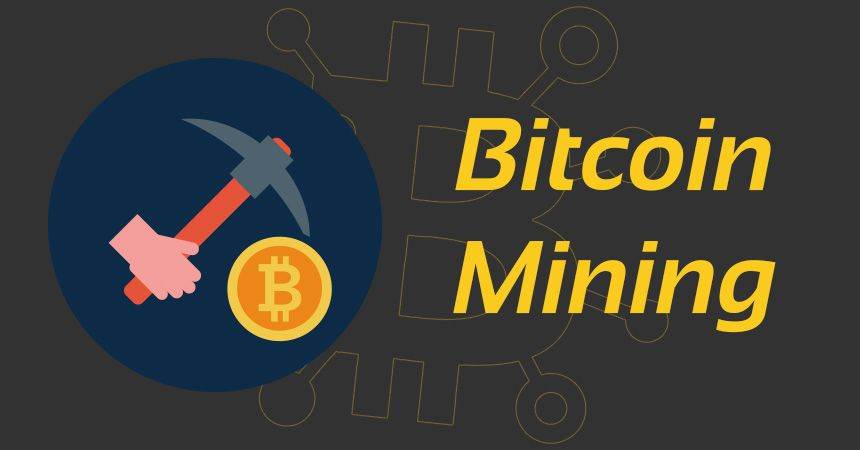
Gary Davis, Chief Consumer Security Officer at McAfee, a well-known anti-virus software development company, suggested that using personal computers (PC) to mine is very dangerous, in addition to a lot of computing power and In addition to power consumption, it is very easy to be hijacked by maliciously encrypted mining software (cryptojack).
Currently, mining on personal computers usually requires web mining tools, and some hackers and illegal companies are infecting unsuspecting computers and then remotely mining without the user’s knowledge. It is reported that there are approximately one billion devices worldwide that may have been hijacked by maliciously-encrypted mining software.
Last week, Apple also dropped an application from its app store. The app was suspected of being secretly mined without the user’s consent (although the developer deleted the mining code, the app was put back on the shelves).
Gary Davis offers three suggestions:
1. When using a public Wi-Fi network, it must be particularly sensitive, whether in schools, cafes, bus stops, or other places. Public Wi-Fi networks can easily be hacked, steal your computer information, and then hijack malicious mining software.
2. Security Updates. All your devices (including mobile phones and personal computers) must be protected with the latest security software.
3, virtual private network. When using the public network, you can try to use virtual private network software to hide your personal information, to ensure that data can be encrypted when sending information on some insecure websites. This will make it difficult for your computer to be maliciously encrypted. Mining software hijacked.